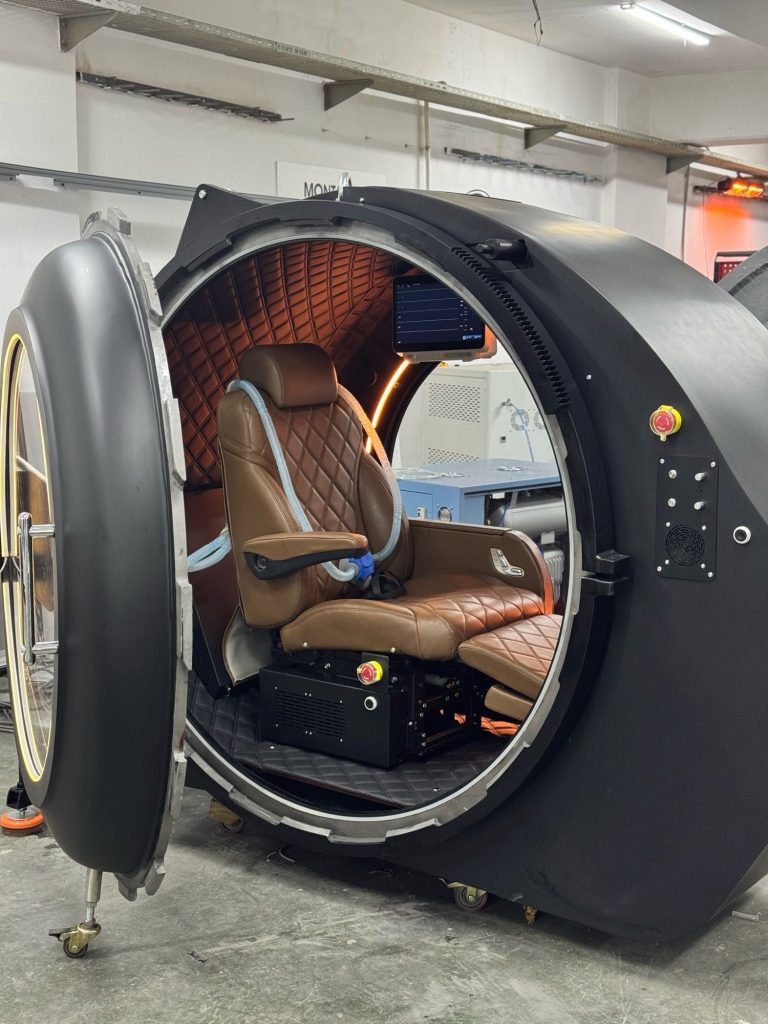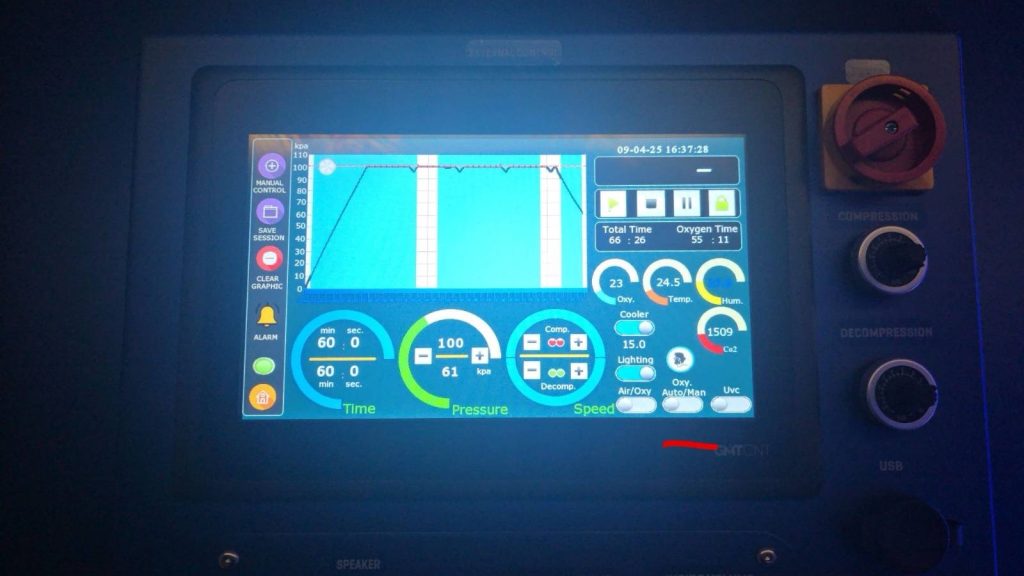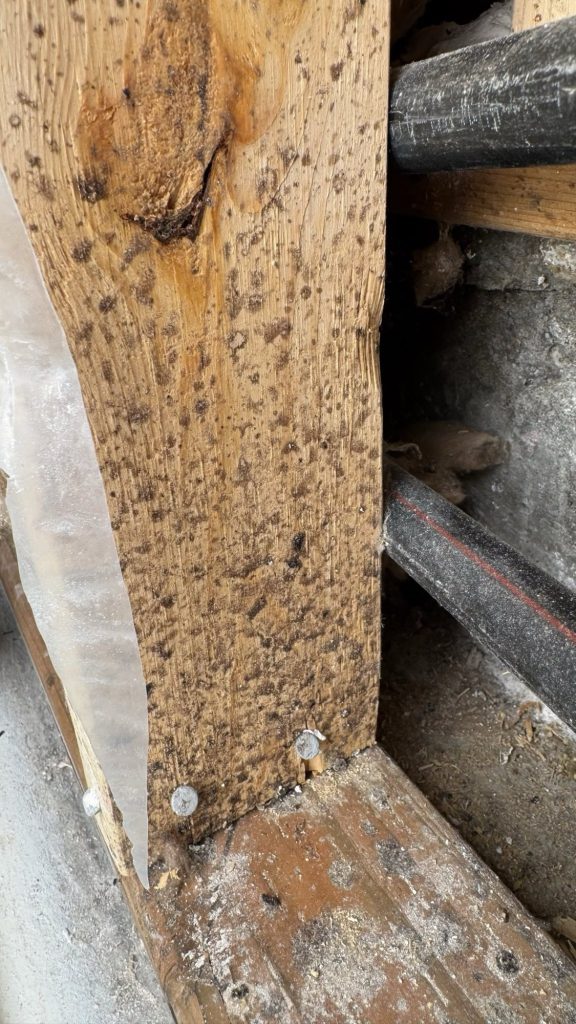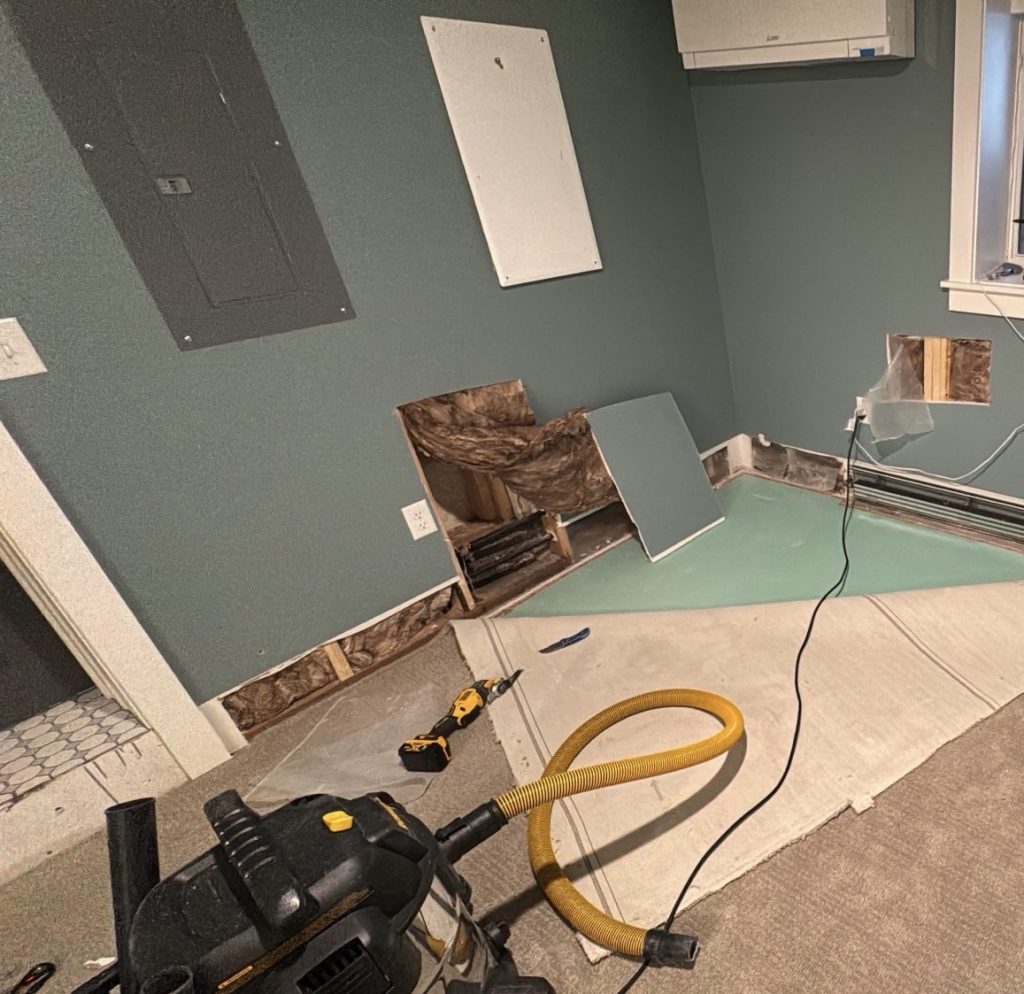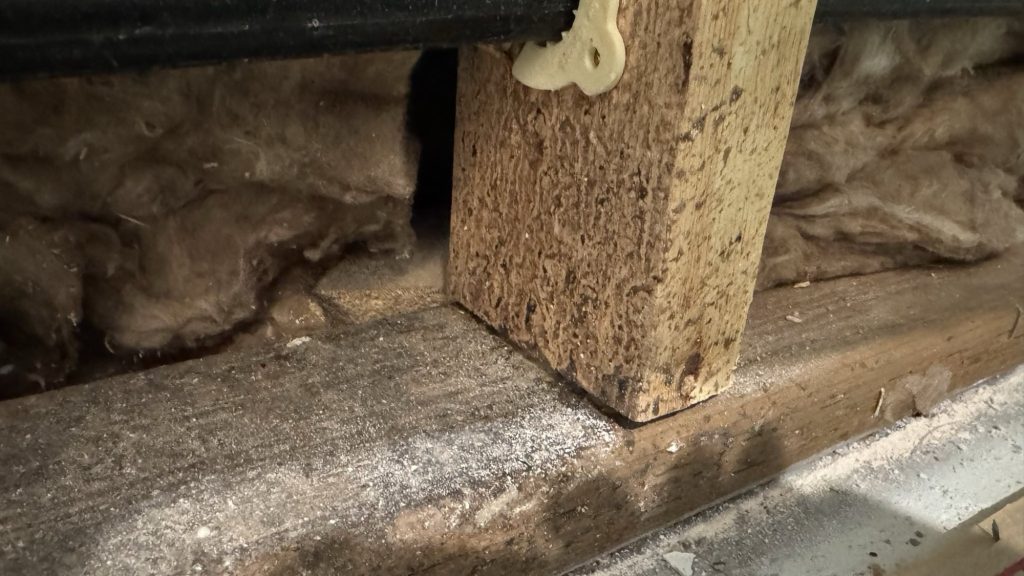I had a preventative care appointment at the doctor today and I came away from the experience wondering why I bothered.
I felt like a fool for checking on something before it had become a problem. It was merely a concern and no answers could be found without a substantial escalation in investment and time. Which I chose not to dod.
I will still get a bill whether it’s 90 seconds or 90 minutes which I do understand. But does it have to be so “escalate to maximum” or “just ignore it” as the poles of preventative care? Can’t it be more of a spectrum of options? And because “fuck you that’s why” I have no more certainty on the problem than when I started.
And that’s not how I want to experience the care and maintenance of anything under my care in my life let alone my body. Our house, our relationships, our business, our car, heck our chickens deserve better than “don’t know why you bother” care. I bother because I care.
We have a home maintenance sheet excel, a seasonal rotation system for disaster supplies, and an inventory management system for key household goods.
Yeah, we are that kind of family. My husband has opinions on label makers. I have strong opinions on sweater brushes and leather are.
An ounce of prevention is worth a pound of cure.
Sure that’s a very Mary Poppins kind of approach to life but I think it’s a worthy one. I want to live a life where I am responsible to my own life.
